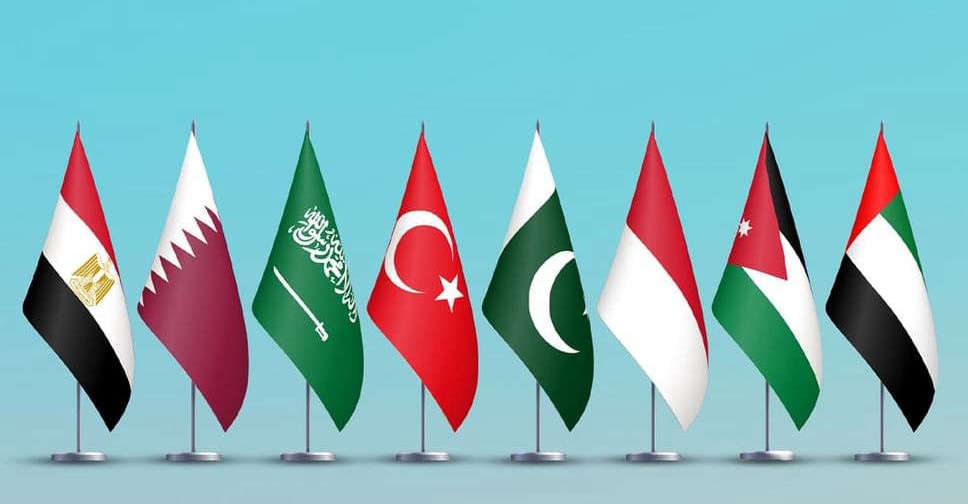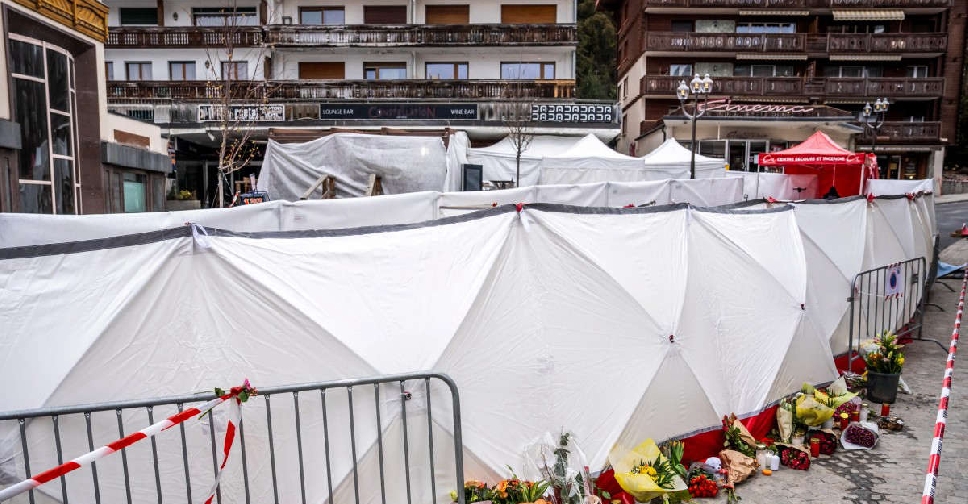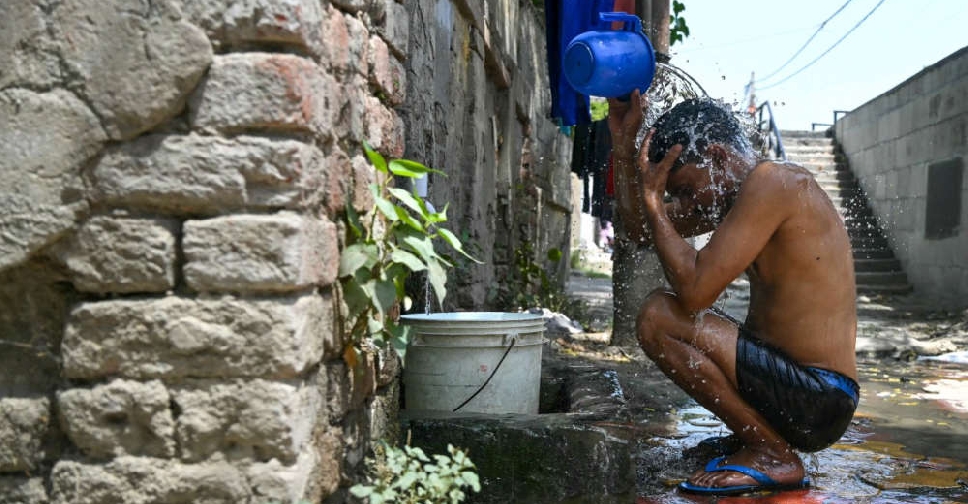
A severe heatwave sweeping India has killed at least five people this week in the capital, New Delhi, the Times of India newspaper said on Wednesday, following the hottest night in six years.
Billions across Asia are grappling with extreme heat this summer in a trend scientists say has been worsened by human-driven climate change.
The deaths were reported from Monday in hospitals across the Indian city of 20 million, where water shortages have intensified, the paper added.
Its power consumption touched an all-time high on Tuesday, when the minimum nighttime temperature reached 33.8 degrees Celsius (93 F), it said.
Since March, temperatures have soared to 50 degrees C (122 F) in Delhi and the nearby desert state of Rajasthan, while more than twice the usual number of heatwave days were recorded this season in northwest and eastern India.
The conditions were the result of fewer thundershowers and warm winds blowing from neighbouring arid regions into India.

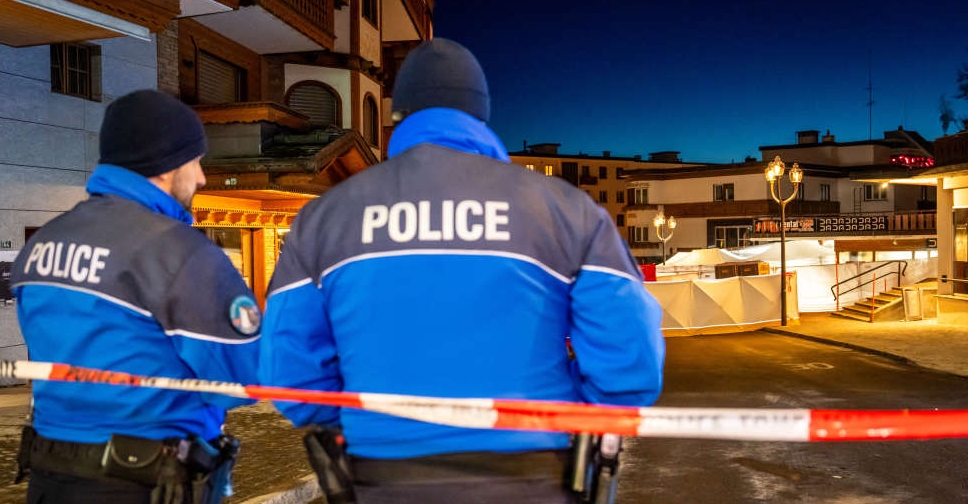 Swiss face painful task of identifying victims of deadly fire
Swiss face painful task of identifying victims of deadly fire
 Contaminated water kills 9 and hospitalises 200 in India's Indore city
Contaminated water kills 9 and hospitalises 200 in India's Indore city
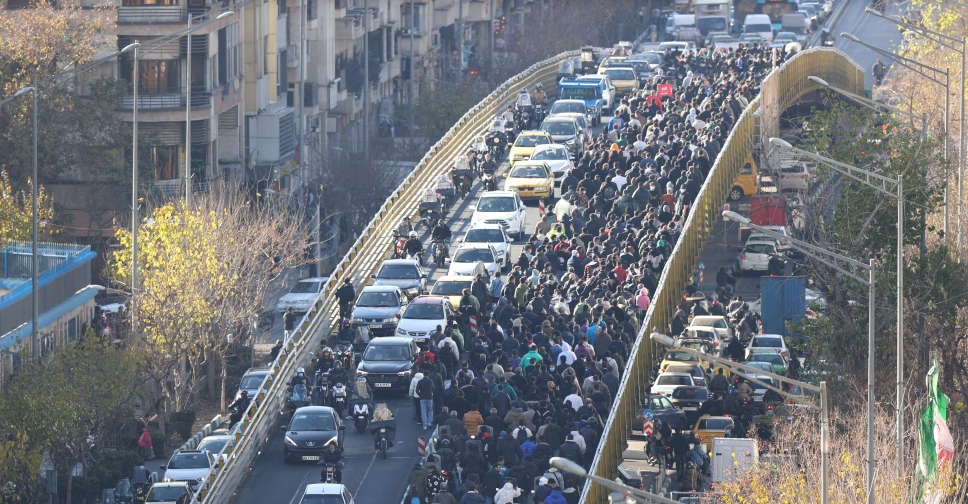 Several reported killed in Iran protests
Several reported killed in Iran protests
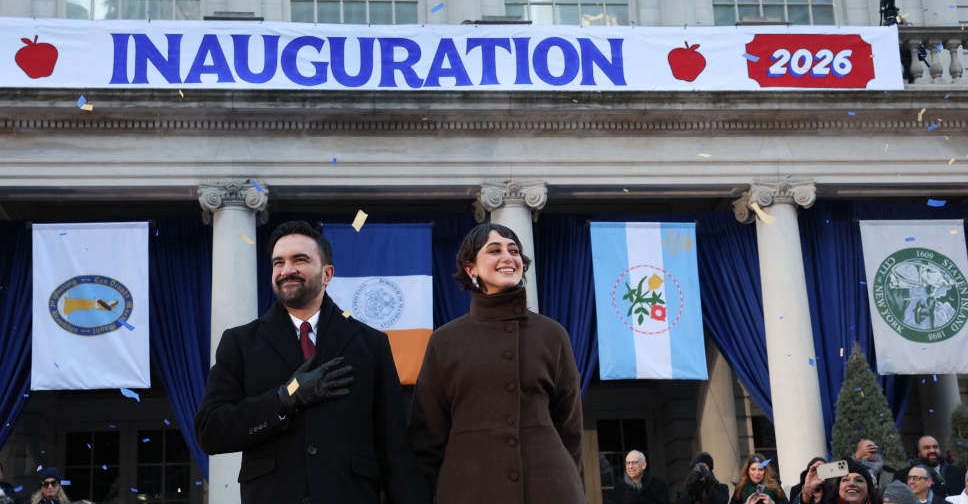 New York Mayor Mamdani vows to enact democratic socialist agenda
New York Mayor Mamdani vows to enact democratic socialist agenda
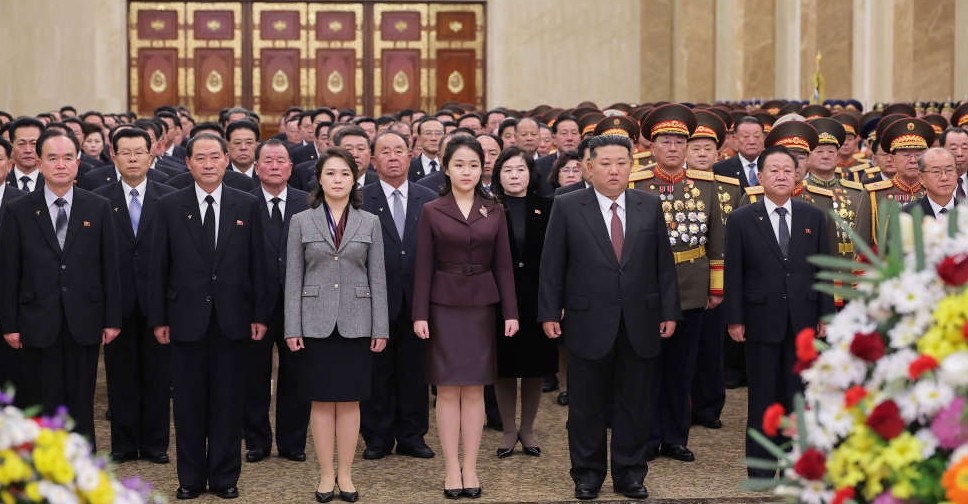 North Korea leader Kim Jong Un's daughter makes public visit to state mausoleum
North Korea leader Kim Jong Un's daughter makes public visit to state mausoleum
